We stand for Public Value
Welcome to Cardiff Business School – the world’s first Public Value Business School.
We are a Business School with a purpose and our mission is clear – to make a positive impact on the world. Now is the time to stand up and be recognised for your contribution to society. We value more than just economic success. We want to bring humanity, sustainability, generosity and innovation to the business sector.
It’s our collective duty to help sustain our local and global economies, for future as well as current generations.
We call this Public Value.
It’s our purpose, and what we stand for.
What do you stand for?
Together, we’re changing business for good…
I stand for the next generation
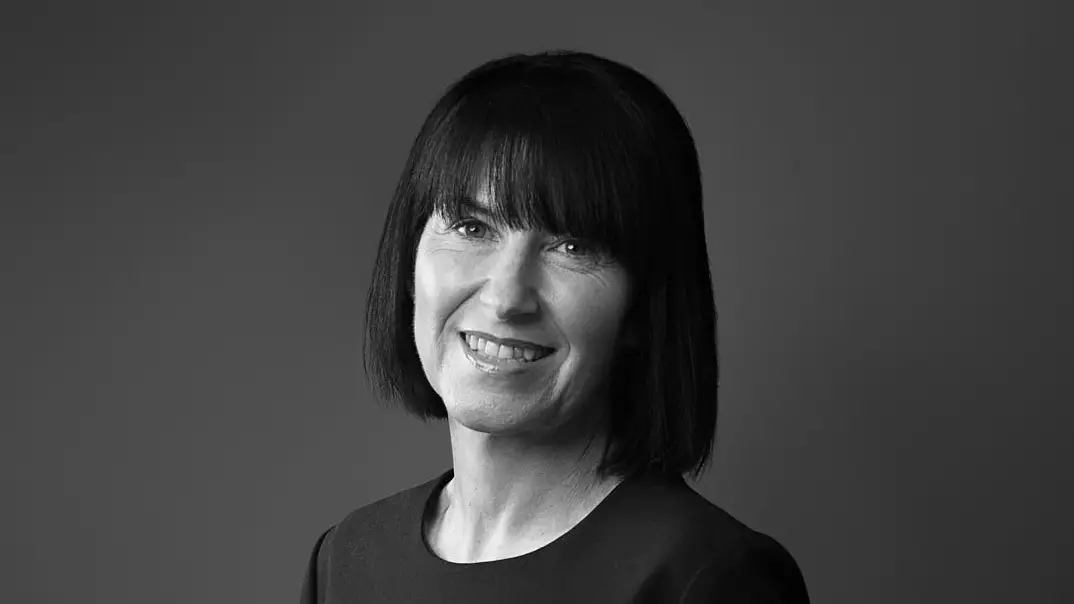
“Like any other business school we care about shareholder value, productivity and efficiency. But we’re just as focused on inclusive wealth creation and equality within the economy and wider societal needs.
And we’re starting to see the sector change for the better – which is a good thing.
At Cardiff University, we create a space where our students are encouraged to challenge, stay open-minded and gain a broad world view.
Our students develop a high level of knowledge and skills in their research and studies, but it’s about what else they bring.
Our students leave with the confidence to drive positive change in this new world. They leave with a broader sense of economic purpose and aren’t locked into old systems and old ways of thinking.
This is the generation that’s going to put it right.”
Professor Rachel Ashworth
Dean of Cardiff Business School
I stand for purpose
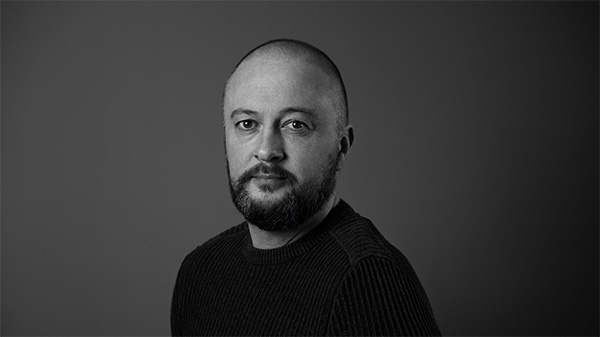
“Respect must be the start, middle and end point of working with people. A lot of progress is hampered by people who are too self-focussed. When we turn the binoculars the right way round, shed personal agendas, and adopt fair-mindedness, that’s when we make genuine, sustainable progress.
I am a manager of people, and my starting point in trying to solve any challenge, big or small, is to connect the purpose of the individual, to the purpose of the organisation. This links company results to happy people.
This isn’t always possible. Understandably, some people are at work just to pay the rent or mortgage, and they may not connect with the purpose of the organisation. But in an ideal world, linking the two is a good start, creating the full circle of public value and everything it stands for.”
Nigel Williams
Business Administration (MBA 2022)
I stand for gender equality
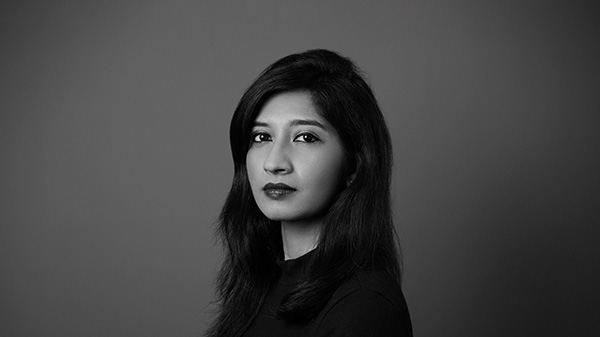
“Gender inequality is growing around the world. Women and girls are still subject to rampant discrimination and, in many places, still lack access to education, financial independence and financial equality. When women and girls are empowered to play active roles in society, local communities and wider society will progress.
Gender equality also means better business. Companies with inclusive and diverse leadership tend to make better decisions and are more successful. Businesses need to acknowledge their own corporate culture before they can make positive impacts at a macro level. For example, promoting gender equality, narrowing the gender gap and ensuring more women in senior leadership roles. Reports and studies show that these measures contribute immensely to the economy and to the success of the business.
Only those businesses that incorporate public value into everything they do can have an impact on uplifting marginalised groups. Changes are coming, and I hope that one day, we’ll reach a point where the conversation around equality, diversity and inclusion will no longer be necessary.”
Apoorva Shridhar
Business Administration (MBA 2022)
I stand for responsibility
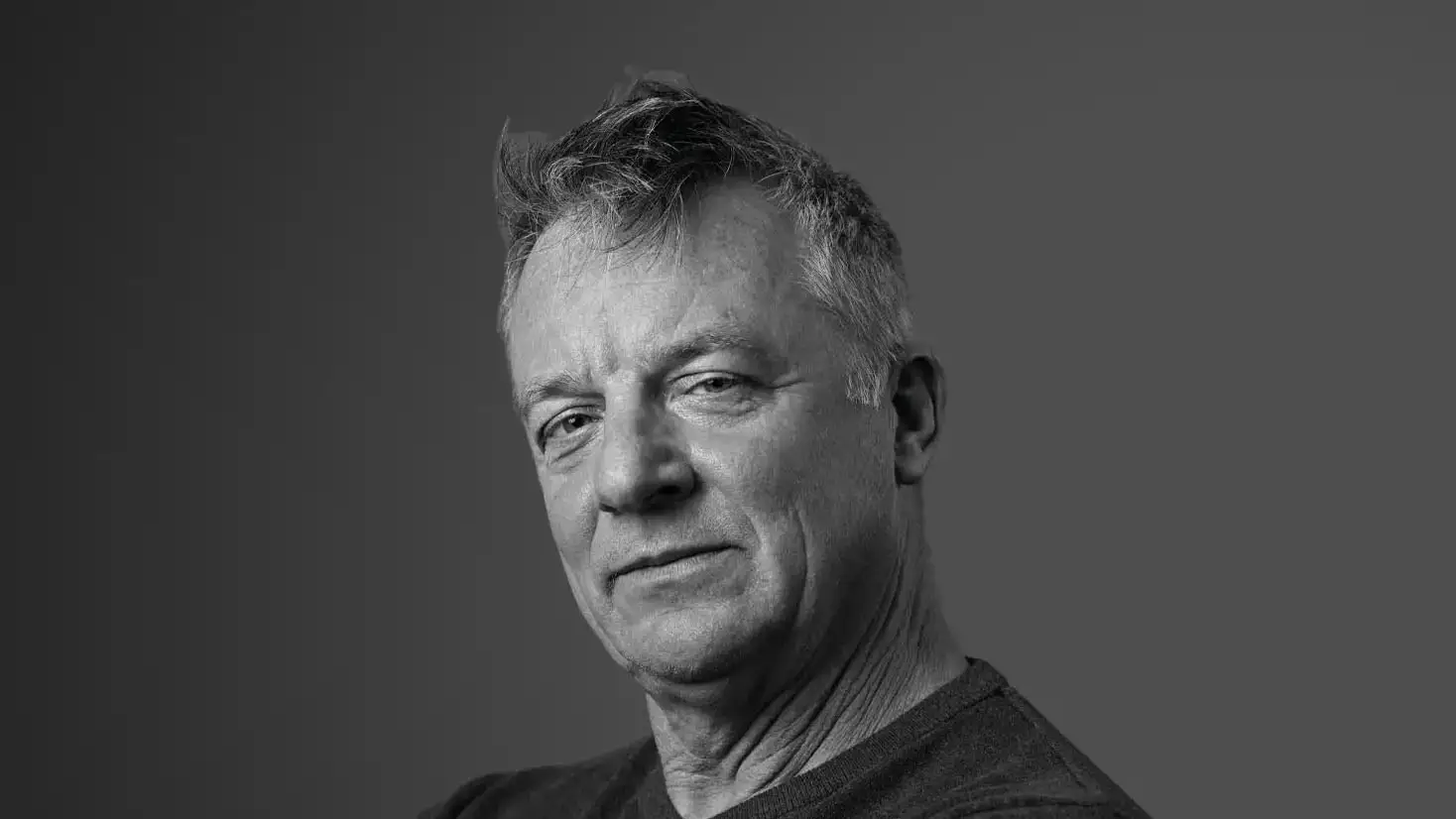
The public value ethos that we teach is both extended into, and informed by, our personal beliefs. I am vegetarian and often talk about the collective benefits of vegetarianism. The way I teach is an extension of my belief that learning should be a fun and positive interaction.
Connecting individual actions to local impacts and global results helps everyone make the changes we need to address the big global issues in the world. But also helps us recognise that we are one small element in a vast and complicated picture – despite the many contradictions of the world, we can still strive to live in a better way each day.”
Peter Wells
Pro Dean for Public Value
I stand for safety at work
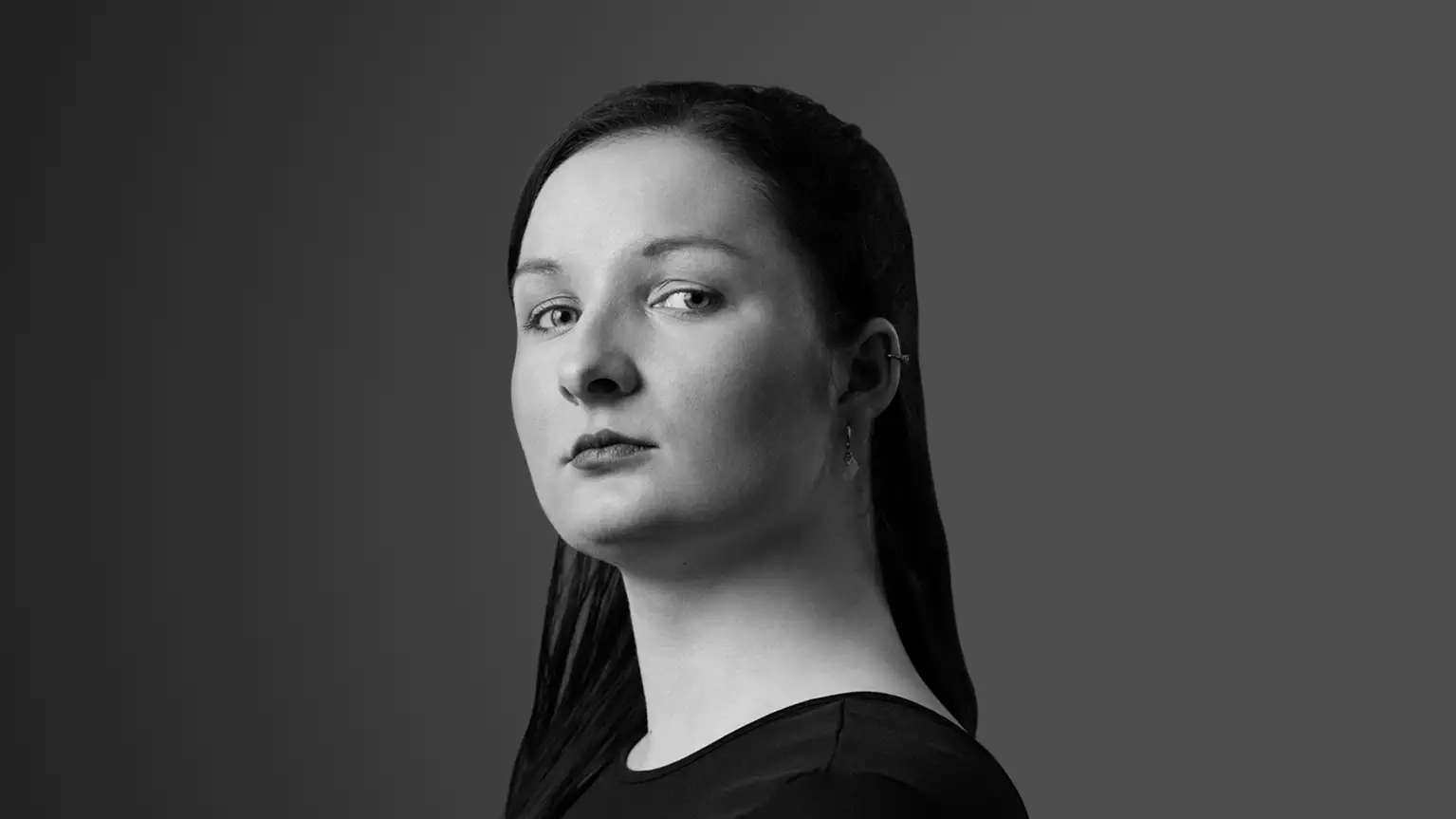
As a woman in business, I know first-hand that courage means growth, and that being brave can mean small actions or giant steps. Safety means many things, and providing safe working spaces can play a part in tackling many issues, from violence against women to suicide and mental health. These issues are both global, and very close to home.
Safety and kindness lead to innovation and it’s encouraging to see a new generation of leaders who value empathy. We no longer see kindness as a weakness and that improves safety for everyone.”
Bethany Brown
Business Management with a Professional Placement (MSc 2021)
I stand for financial inclusion
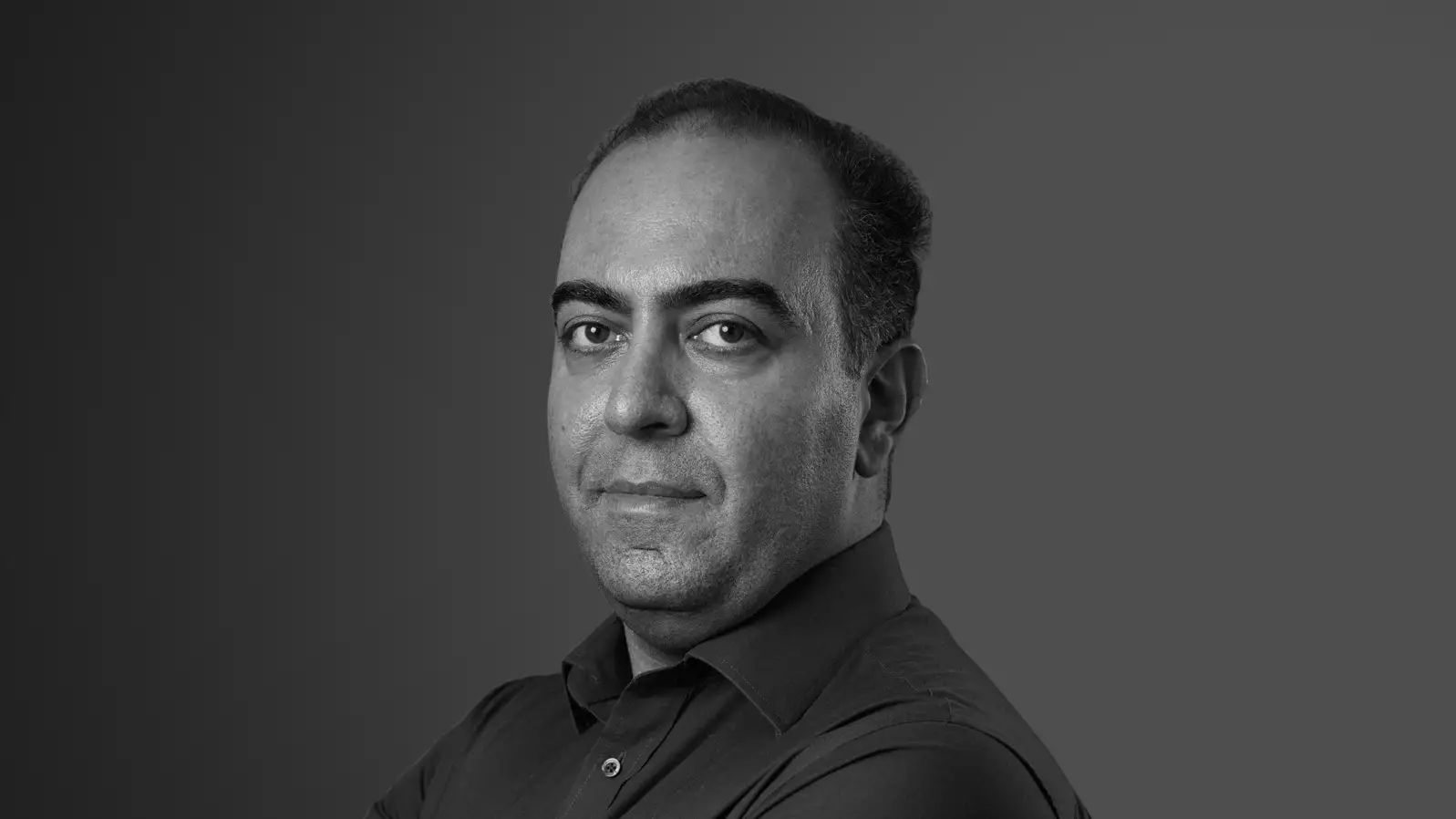
Improving financial literacy helps people at all levels of income gain a better understanding of how finance works, so that they can make informed decisions, access benefits, and utilise investment opportunities. When individuals are supported with education, access to technology and an understanding of financial systems, their sound decisions have a positive impact on their households and in turn boost the communities they live in.
It’s the combined responsibility of academic institutions, businesses and governments to ensure that there is an even distribution of financial education and access to support.
Financial inclusion can be achieved through equal and fair access to financial education and opportunities for all.”
Professor Arman Eshraghi
Professor of Finance and Investment


